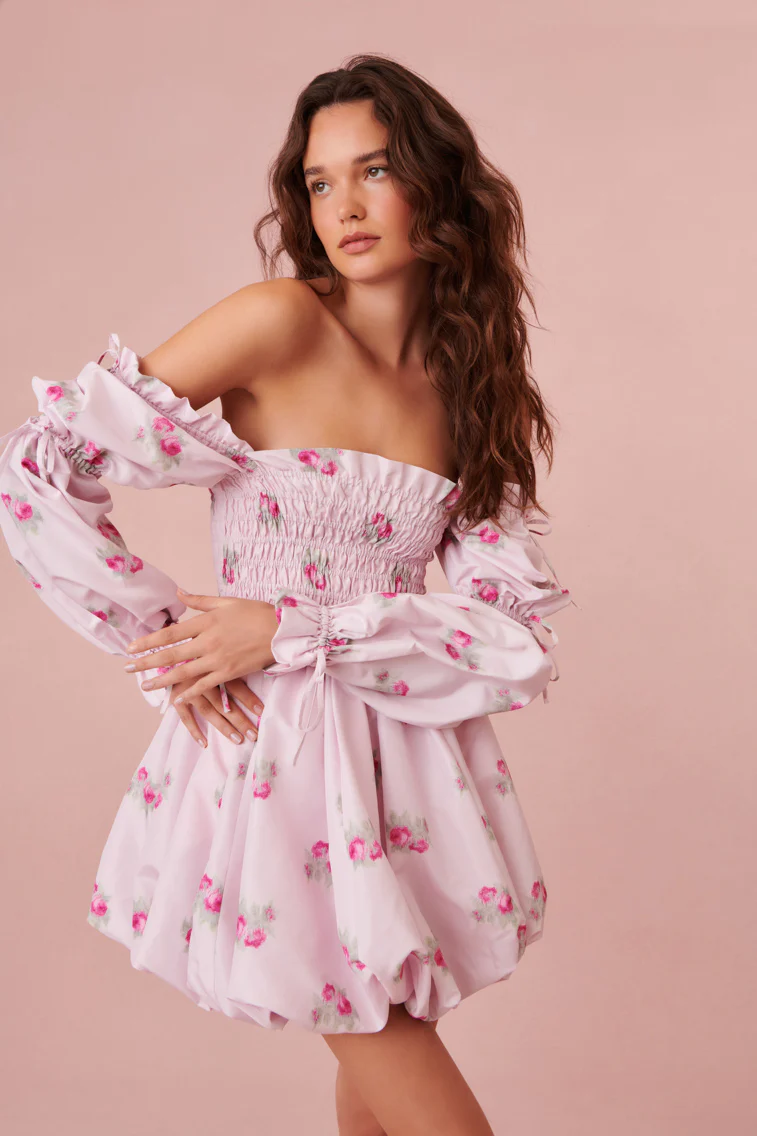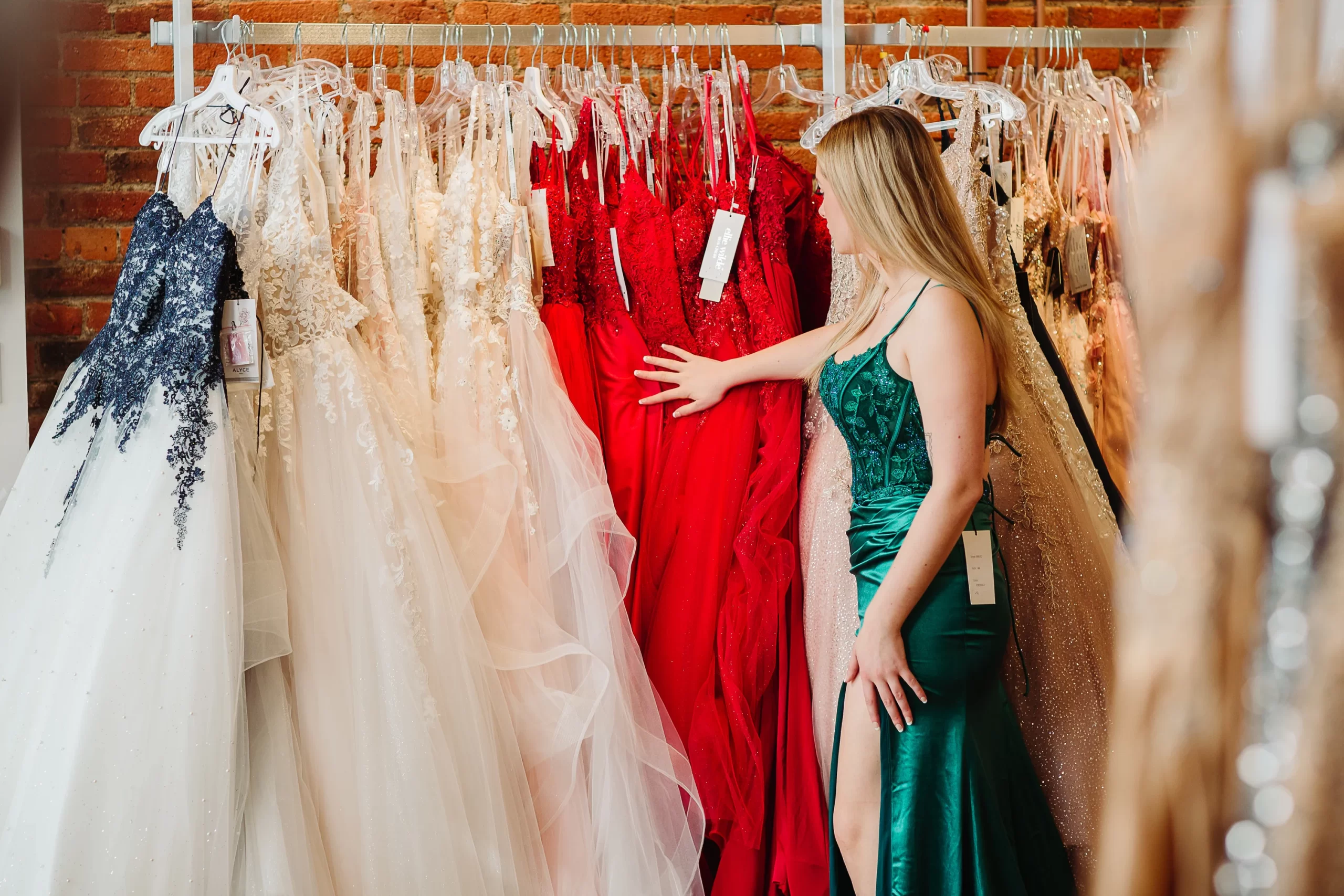Title: The Psychology of Dressing: How Dresses Impact Self-Perception and Confidence
The clothes we wear are more than just fabric; they serve as a form of self-expression and can profoundly influence how we see ourselves and how others perceive us. Among the myriad choices in attire, dresses hold a special place, carrying with them a unique psychological impact on self-perception and confidence. In this exploration, we delve into the psychology of dressing and examine the transformative power of dresses in shaping our sense of identity and self-assurance.
Dresses have long been associated with femininity, elegance, and grace, embodying symbols of beauty and sophistication across cultures and epochs. From the flowing silhouettes of ball gowns to the tailored lines of sheath dresses, each style evokes its own set of connotations and emotions, eliciting responses that extend beyond mere aesthetics. When a person dons a dress, they are not merely adorning their body; they are stepping into a role, embodying the characteristics and ideals associated with that particular garment.
One of the most significant psychological effects of wearing a dress lies in its ability to enhance self-perception and confidence. Research in the field of psychology has shown that clothing choices can influence mood, behavior, and cognitive processes, a phenomenon known as “enclothed cognition.” When individuals wear clothing that aligns with their self-image or desired identity, they experience a boost in confidence and self-assurance, leading to improved performance and social interactions.
For many people, wearing a dress represents a deliberate choice to present oneself in a certain way, whether it be elegant, professional, or playful. The act of selecting a dress and preparing oneself to wear it can be empowering, serving as a form of self-care and self-expression. From choosing the perfect style and color to accessorizing with jewelry and shoes, each step in the process contributes to a sense of anticipation and excitement, building confidence along the way.
Moreover, dresses can evoke a sense of liberation and freedom, allowing individuals to break free from societal expectations and express their individuality authentically. In a world where norms and standards often dictate how we should dress and behave, wearing a dress can be an act of rebellion, challenging stereotypes and embracing diversity. Whether it’s defying gender norms or embracing unconventional styles, dresses offer a canvas for self-expression and empowerment, enabling individuals to assert their identity and assert their place in the world.
Additionally, dresses can serve as a form of psychological armor, providing a sense of protection and confidence in challenging situations. Whether it’s a job interview, a presentation, or a social event, wearing a dress can imbue individuals with a sense of poise and authority, helping them navigate unfamiliar territory with ease. The right dress can act as a catalyst for self-assurance, empowering individuals to conquer their fears and pursue their goals with determination.
However, it’s essential to recognize that the psychological impact of dresses is not universal and may vary depending on individual experiences, cultural backgrounds, and personal preferences. What one person finds empowering and confidence-boosting, another may find restrictive or uncomfortable. Therefore, it’s crucial to respect the autonomy and agency of individuals in choosing their clothing and allow them the freedom to express themselves authentically.
In conclusion, the psychology of dressing reveals the profound influence that clothing choices, particularly dresses, can have on self-perception and confidence. Whether it’s through evoking feelings of femininity and elegance, empowering individuals to express their identity authentically, or serving as a form of psychological armor in challenging situations, dresses play a pivotal role in shaping how we see ourselves and how others perceive us. By understanding the psychological nuances of dressing, we can harness the transformative power of clothing to cultivate confidence, empowerment, and self-assurance in ourselves and others.



